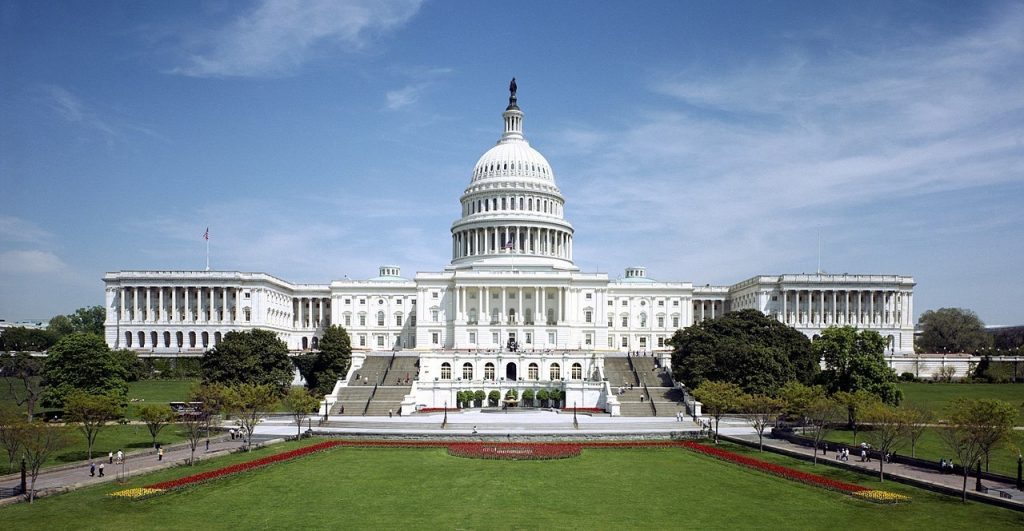
The Medicare for All Act of 2019 introduced by Rep. Pramila Jayapal (D-WA) and 106 House Democrats would create a universal, single-payer health program. The bill (H.R. 1384) would provide comprehensive health-care benefits at no cost to patients, replacing health insurance. However, the measure does not include provisions to pay for the program, though Rep. Jayapal said she is considering several options including increasing corporate taxes, increasing income taxes on the highest income brackets, and having employers pay in.
The bill will not pass either chamber of Congress ahead of the 2020 elections, but Democratic legislators are building support with the hope of making it central to the party’s platform. The goal is for a Democratic president and Congress to enact the bill into law. Rep. Jayapal secured a promise from House leadership that the House Budget and Rules committees will consider the bill this year.
Universal Health Coverage
The bill would create a universal health program under which all United States residents are entitled to healthcare services. Individuals would be automatically enrolled at birth or when they become residents. The bill would prohibit private and employer-sponsored coverage offering duplicative benefits.
The legislation would maintain coverage provided through the Department of Veterans Affairs and Indian Health Service, but effectively repeal other federal health programs such as the Medicare, Medicaid, TRICARE, and the Affordable Care Act exchanges.
The program would take effect in two stages. Those younger than 19 and those 55 or older would be eligible one year after enactment, and all other eligible individuals two years after enactment.
The bill would create a Medicare buy-in plan for the transition period, which would be available through the Affordable Care Act’s federal and state exchanges and offer all the same benefits as under Medicare for All.
Latest News
Photo credit: iStock.com/sittithat tangwitthayaphum State legislators have grappled with policies surrounding physicians offering life-ending care to terminally ill patients for many years. Life-ending care enables medical providers to go further than just making patients who [...]
The process of artificial insemination of an egg in an IVF clinic. Reproductive medicine, in vitro fertilization In February 2024, Alabama’s Supreme Court ruled that frozen embryos can be considered children under state law. [...]
Photo credit: iStock.com/Maha1450 In honor of Presidents’ Day, there is no better time than now to reflect on the significant legislative and executive achievements of our nation's leaders. Throughout the last nearly 250 years, each [...]
Photograph taken inside the state capitol of the spectacular 272-foot, 52 million-pound dome. On February 6, 2024, Pennsylvania Governor Josh Shapiro (D) delivered his 2024-25 Budget Address. Shapiro's 2024 budget aims to provide tangible benefits [...]






Stay In Touch